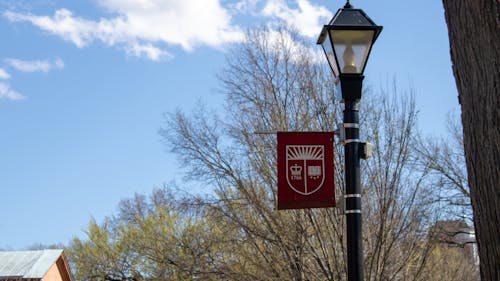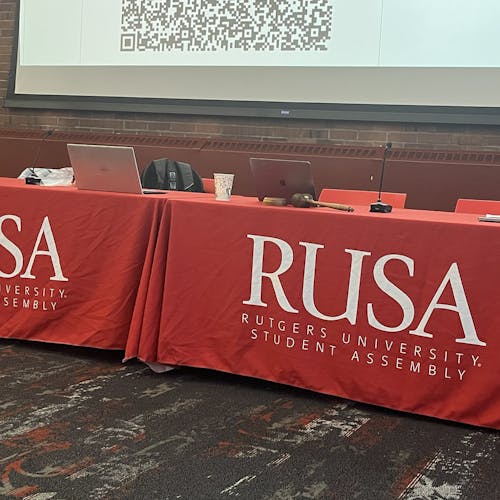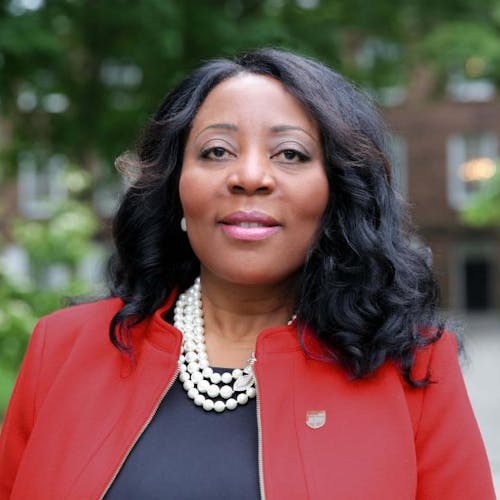Newark, Camden campuses hold divestment referendum with different proceedings

From April 2 to April 4, students at Rutgers—Newark voted on referendums pertaining to divestment similar to the ones put up for consideration by the Rutgers University Student Assembly during last week's election.
According to a post from the campus' Student Governing Association (SGA), a unanimous vote to approve a resolution to determine whether the SGA should advocate for the University to divest its endowment from enterprises linked to Israel's actions in the Israel-Hamas War and end its collaborations with Tel Aviv University passed on March 18.
For any vote to pass, it must be voted upon by at least 10 percent of the undergraduate student body at Newark and receive a majority vote, similar to the ballot guidelines at Rutgers—New Brunswick last week.
Though the questions asked on the Newark ballot are similar to those New Brunswick students were asked, advertising for their election, as well as its duration, differ. The Newark SGA notably collaborated with the Students for Justice in Palestine at Rutgers—Newark on the Instagram post advertising the election. The election itself ran for approximately two days.
A variation of these referendum votes will also occur at the Rutgers—Camden campus from April 8 to April 12. Like the proceedings at the New Brunswick campus, the vote passing the resolution to add the referendum was done behind closed doors.
It is unclear whether the vote was unanimous, like the proceedings at Newark and New Brunswick.
Though, the ballot at the Camden campus definitively differs from the Newark and New Brunswick campuses, because it will only ask students to vote on the endowment, not any matters related to Tel Aviv University.
The voting requirements for their SGA to take any action are also unlike their counterparts on the other two campuses. Whereas 10 percent of the undergraduate student bodies at Newark and New Brunswick must show up to the polls, a decision is only made at Camden if the amount of students who vote in the current election is greater than the amount who voted in the last.
In a recent University-wide email, University President Jonathan Holloway disapproved of divesting and ending relationships with Tel Aviv University, as reported by The Daily Targum. It is unclear what impact an affirmative vote from all three campuses could have on advocating for what the majority of each campus's electorate would do in the wake of this public statement.
"In a joint effort across Camden, New Brunswick and Newark student governments, we wanted to provide students an opportunity to express their voice on an important topic," a statement from Rutgers—Camden's SGA read. "We encourage all students to actively engage in the election process and ensure their voices are heard."



